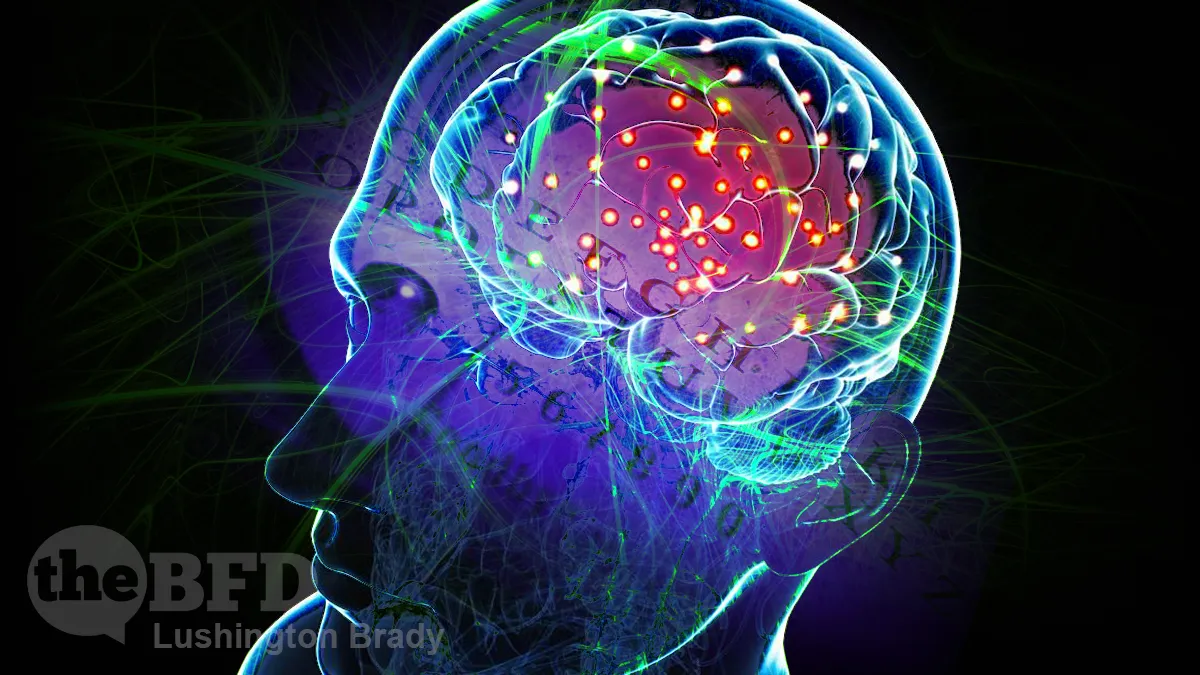Table of Contents
It’s the old cliche: my whole life flashed before my eyes. Faced with imminent death, countless fictional heroes have experienced an instant rewind of their lives. Even if some, like Zaphod Beeblebrox of the Hitch-hiker’s Guide to the Galaxy stories, are a little unsure: “At least I assume it was mine. I spent a lot of time out of my skulls you know”.
But could there be a grain of truth to the fictional cliche? In recent years, psychiatrists and neuroscientists exploring how our minds experience time have had some powerful new tools to hand. Their research suggests that the experience of time seeming to speed up in moments of acute danger, or slow down when we’re bored, might have objective origins in how our brains deal with time.
A serendipitous experiment now suggests that we might indeed see our lives flash across our minds at the point of death.
An international team of scientists has reported an unexpected situation in which they recorded the brain activity of an 87-year-old patient as he died.
This wasn’t, of course, a team of mad scientists deliberately murdering people in order to study their brainwaves.
The man had been admitted to a hospital emergency department after a fall that resulted in a bleed in the brain, and subsequently deteriorated. When doctors carried out an electroencephalography (EEG), they had discovered the patient had developed epilepsy. However, during the EEG recordings he had experienced a heart attack and died.
Inadvertently, the doctors found themselves in possession of some intriguing and potentially incredibly valuable information.
The team says analysis of recordings of the 30 seconds before and after the man’s heart stopped beating suggest that in his final moments he experienced changes in different types of brain waves, including alpha and gamma brain waves. The study suggests that interactions between different types of brain wave continue after the blood stops flowing in the brain.
But, the researchers add, it also raises an intriguing possibility. “Given that cross-coupling between alpha and gamma activity is involved in cognitive processes and memory recall in healthy subjects, it is intriguing to speculate that such activity could support a last ‘recall of life’ that may take place in the near-death state,” the team writes in the journal Frontiers in Ageing Neuroscience.
There are any number of caveats here, it must be pointed out.
Firstly, this is a sample size of just one: hardly enough to draw any firm conclusions. Secondly, the circumstances under which the data was gained were complicated, to say the least.
The researchers urge caution, noting among other factors that traumatic brain injuries and white matter damage can affect brain waves, while activity of networks in the brain can be affected by anticonvulsant medication such as that given to the patient.
Nonetheless, the researchers say the results could have important implications.
“These findings challenge our understanding of when exactly life ends and generate important subsequent questions, such as those related to the timing of organ donation,” said Dr Ajmal Zemmar, a neurosurgeon at the University of Louisville, US, and a co-author of the study.
The Guardian
Others point out that it’s also a stretch to argue that the distinctive brain-wave activity is linked to brink-of-death flashbacks.
As another neuroscientist points out, it’s not ethically permissible to plan the collection of such recordings.

But the research can be linked to older experiments with lab animals. Similar “bursts” of brain activity, also in gamma brain waves— and also persisting after cardiac arrest — were observed in rodents about a decade ago.
We also know that people don’t actually have to die, to experience “life review”. For instance, people who fallen from heights have also reported experiencing life review.
Any volunteers want to bungee jump with an EEG strapped to their skull? It’s all for science, after all.









